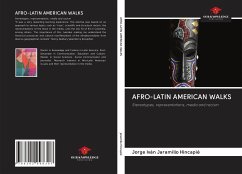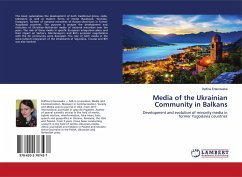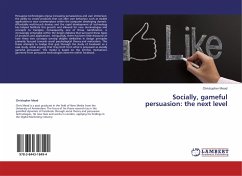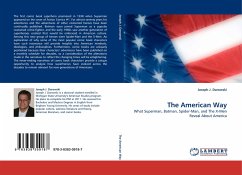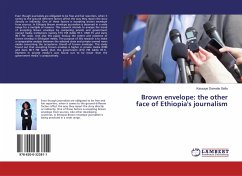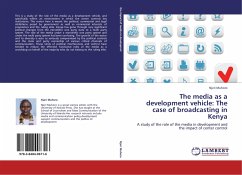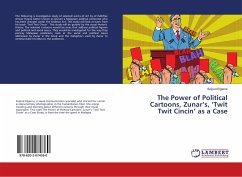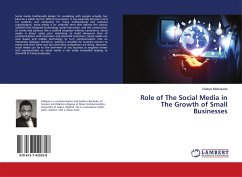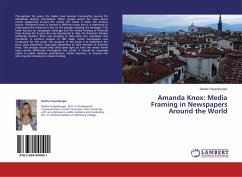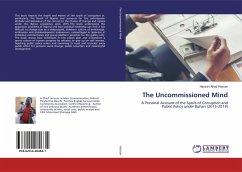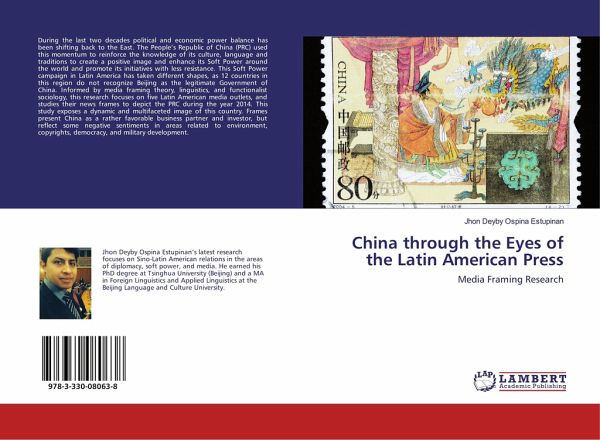
China through the Eyes of the Latin American Press
Media Framing Research
Versandkostenfrei!
Versandfertig in 1-2 Wochen
24,99 €
inkl. MwSt.

PAYBACK Punkte
12 °P sammeln!
During the last two decades political and economic power balance has been shifting back to the East. The People's Republic of China (PRC) used this momentum to reinforce the knowledge of its culture, language and traditions to create a positive image and enhance its Soft Power around the world and promote its initiatives with less resistance. This Soft Power campaign in Latin America has taken different shapes, as 12 countries in this region do not recognize Beijing as the legitimate Government of China. Informed by media framing theory, linguistics, and functionalist sociology, this research ...
During the last two decades political and economic power balance has been shifting back to the East. The People's Republic of China (PRC) used this momentum to reinforce the knowledge of its culture, language and traditions to create a positive image and enhance its Soft Power around the world and promote its initiatives with less resistance. This Soft Power campaign in Latin America has taken different shapes, as 12 countries in this region do not recognize Beijing as the legitimate Government of China. Informed by media framing theory, linguistics, and functionalist sociology, this research focuses on five Latin American media outlets, and studies their news frames to depict the PRC during the year 2014. This study exposes a dynamic and multifaceted image of this country. Frames present China as a rather favorable business partner and investor, but reflect some negative sentiments in areas related to environment, copyrights, democracy, and military development.



